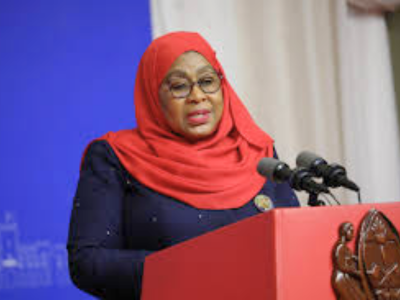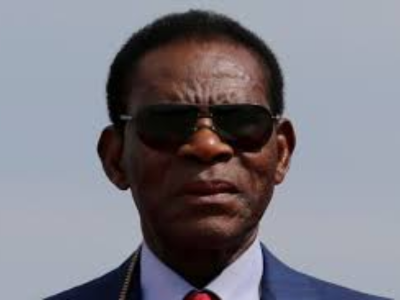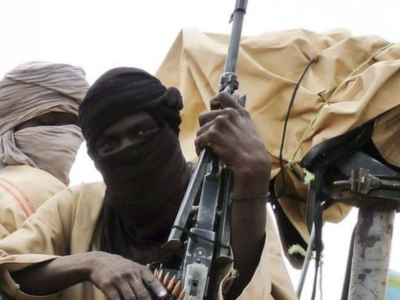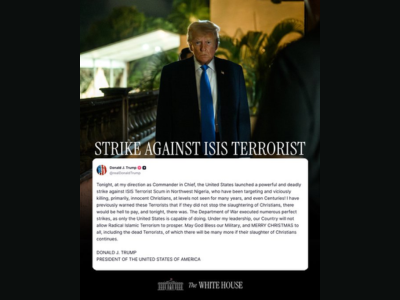Hassan Declares 98% Victory in Tanzania Poll Amid Deadly Unrest and Global Scrutiny
- by Editor.
- Nov 01, 2025

Credit:
President Samia Suluhu Hassan has secured a sweeping re-election with 98% of the votes in Tanzania’s October 29 presidential ballot, according to the National Electoral Commission.
The result, announced amid a nationwide communications blackout and escalating protests, has drawn sharp international concern over opposition suppression, alleged fraud, and deadly clashes.
Hassan’s Chama Cha Mapinduzi (CCM) party, in power since independence, extended its dominance in a vote marred by violence and mass disqualifications. CCM’s Hussein Mwinyi also claimed victory in Zanzibar with 80%, prompting ACT-Wazalendo to denounce the process as “massive fraud.”
The election unfolded under intense unrest. Demonstrators torched campaign posters, stormed polling stations, and clashed with police in Dar es Salaam, Mbeya, and other cities for a third consecutive day. Tear gas, live rounds, and military deployments followed army warnings, with opposition figures estimating 700 deaths. A diplomatic source confirmed at least 500 fatalities, though verification remains difficult due to internet shutdowns and curfews.
Electoral Commission chair Jacobs Mwambegele announced the results early Saturday, but backlash was swift. CHADEMA spokesperson Freeman Mbowe, currently under house arrest, called the vote a “sham,” citing the exclusion of key opposition figures like Tundu Lissu and ACT-Wazalendo’s Luhaga Mpina on technical grounds. Amnesty International described the pre-election period as a “wave of terror,” citing disappearances, torture, and killings.
Foreign Minister Mahmoud Kombo Thabit dismissed the violence as “isolated pockets,” praising security forces for their “swift” response and extending curfews to contain unrest. International observers flagged transparency gaps, with the U.S. and EU urging investigations but stopping short of endorsing the results.
Hassan, Africa’s only female head of state since 2021, now faces mounting pressure as youth-led protests—fueled by economic hardship and democratic erosion—threaten to undermine her legitimacy. Analysts warn that the fallout could destabilize East Africa’s trade hub if grievances remain unaddressed.













0 Comment(s)